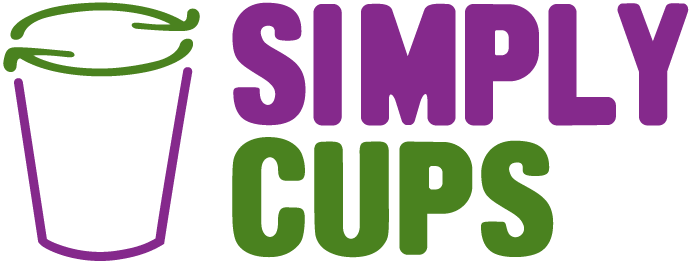In advance of the much anticipated Hugh Fearnley-Whittingstall ‘War on Waste’ programme coming to air (BBC1, Thursday 28th July at 9pm) Simply Cups, the UK’s ONLY workable cup recycling scheme, has urged the food service industry to dramatically speed up the process of making food and drink packaging more ‘ed’ and less ‘able’.
The War on Waste campaign, that hit the headlines in April, exposed how many paper cups are used in the UK and how so few are being recycled. This, together with subsequent media storm, has highlighted the systemic failures in our current approach to recycling.
Peter Goodwin, co-Director of Simply Cups, argues that collaboration is the only way to resolve this issue:
“Through Hugh’s campaign, it has become abundantly clear that consumers were unaware of how little of their food packaging is actually being recycled and are now expecting swift action to address the issue. This means that all sections of the food service industry, including suppliers, retailers and the waste industry, need to work more collaboratively to ensure that packaging is actually being ‘recycled’ or ‘composted’ rather than accepting a claim that a product could be ’recyclable’ or ‘compostable’”.
To date, paper cup recycling solutions have revolved around the separation of the paper and the plastic lining, which has proved to be challenging from a commercial and operational perspective. In the last six months, Simply Cups, together with recycling specialists Nextek and ECO product design and manufacturer ashortwalk, has developed a new durable polymer using both the paper and plastic content of paper cups. Trials have shown that the composite is much stronger than conventional plastics and can be readily moulded into wide variety of products.
Critically this means that paper and plastic content no longer needs to be separated in order for the cup to be recycled, significantly reducing reprocessing costs whilst also requiring a far less resource-intensive process than by pulping.
Dan Dicker, MD of ashortwalk says:
“We forget that nothing is truly recycled until it has been re-used. Using the new NextCupCycle polymer, we can now develop new and functional products that not only promote re-use, but will also help educate, inspire and, most importantly, instill belief that recycling systems work”.
“These products also create a demand for used cups that drive the circular economy and will enable us to reinvest back into the growth and expansion of the project”, added Dan.
Since announcing the launch of the new polymer, there has been significant interest from major brands in potential applications and discussions are now taking place to establish how this can be integrated back into their business operations that will ultimately close the loop on used paper cups.
Peter Goodwin calls for the industry to work together:
“Only through greater collaboration and direct action will we create transparent and commercially viable solutions to recover and recycle food service packaging. There is now no excuse for businesses and retailers not to be able to recycle their paper and plastic cups. We offer a nationwide service with direct collection for large users of cups and even a post-back service for smaller ones, all with a guarantee that their cups will be recycled into new functional products”.

